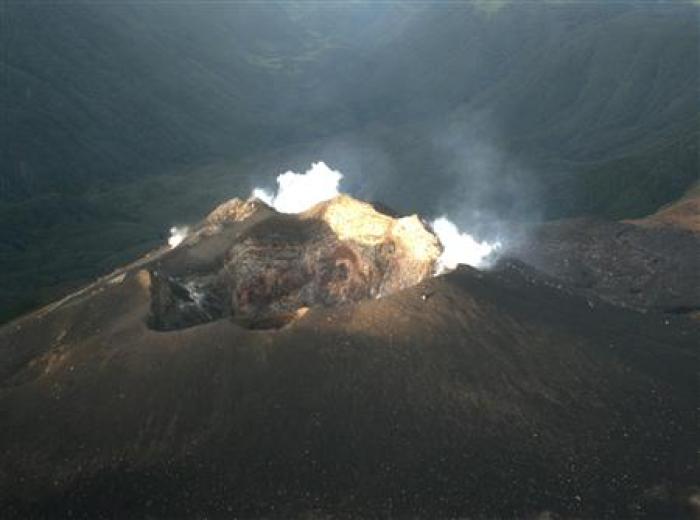
© iStockphotoArabidopsis thaliana
Plants are incredibly temperature sensitive and can perceive changes of as little as one degree Celsius. Now, a report in the January 8th issue of the journal
Cell, a
Cell Press publication, shows how they not only 'feel' the temperature rise, but also coordinate an appropriate response -- activating hundreds of genes and deactivating others; it turns out it's all about the way that their DNA is packaged.
The findings may help to explain how plants will respond in the face of climate change and offer scientists new leads in the quest to create crop plants better able to withstand high temperature stress, the researchers say.
"We've uncovered a master regulator of the entire temperature transcriptome," said Philip Wigge of John Innes Centre in the United Kingdom in reference to the thousands of genes that are differentially activated under warmer versus cooler conditions.







Comment: The US Geological Survey's details are available here.